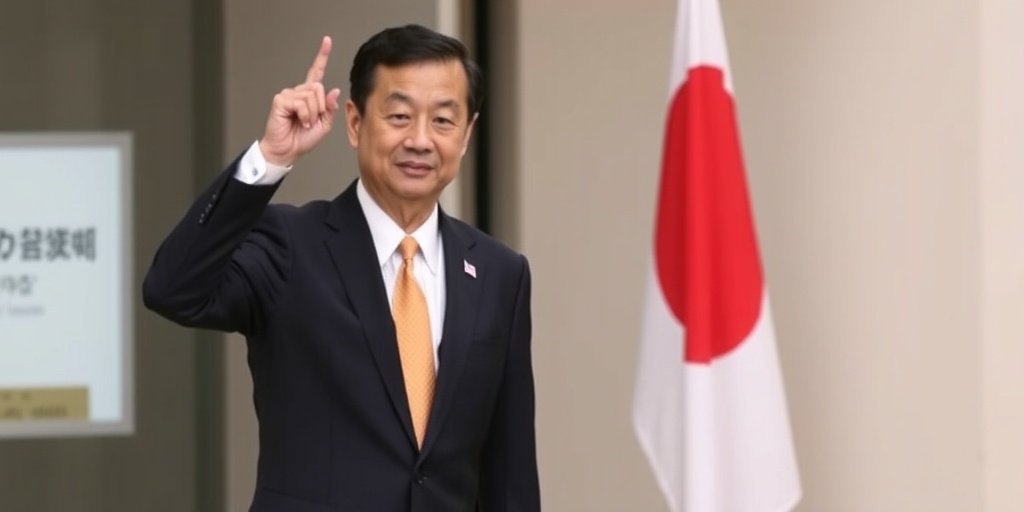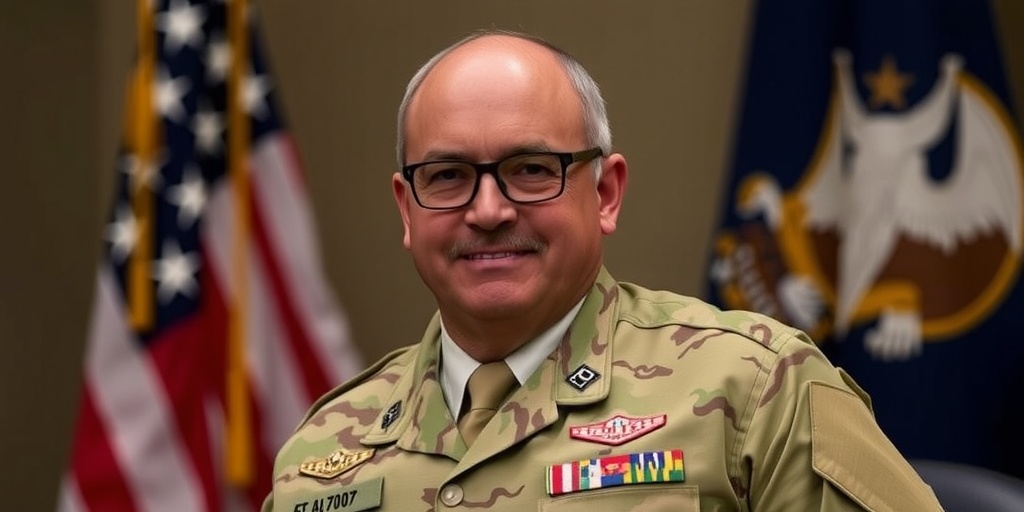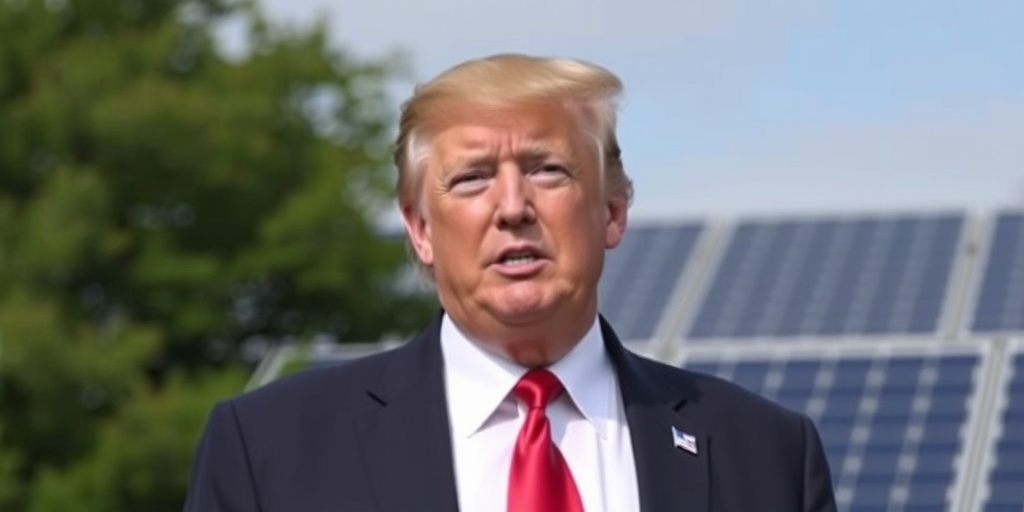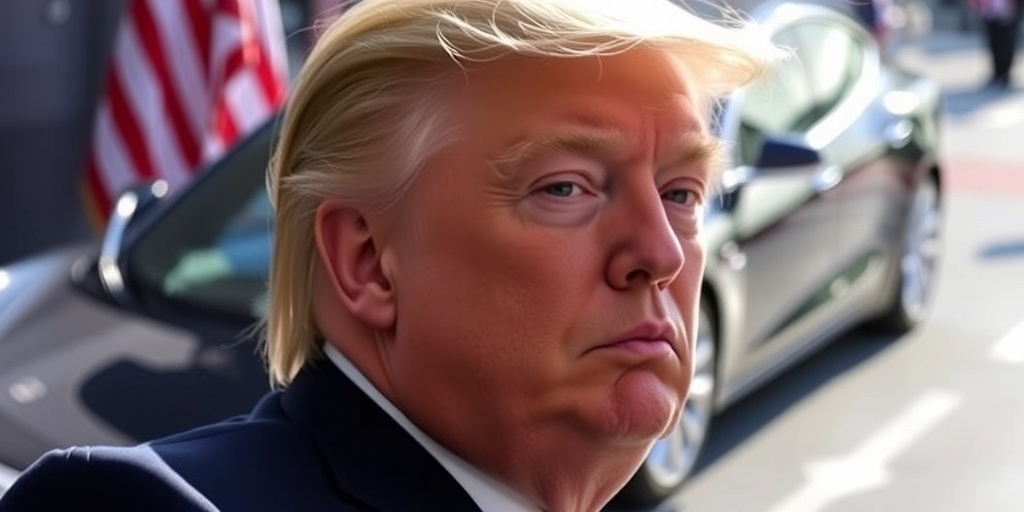Now Reading: Japan’s Washington Visit Fails to Secure Tariff Exemptions
-
01
Japan’s Washington Visit Fails to Secure Tariff Exemptions
Japan’s Washington Visit Fails to Secure Tariff Exemptions

Japanese Officials Seek Tariff Exemptions in Washington Talks with Trump Administration
This week, Japanese officials visited Washington with hopes of securing exemptions from significant tariffs set to impact imports of metals and cars into the United States. The discussions, led by Japan’s trade minister, Yoji Muto, underscored Japan’s contributions to the U.S. economy through substantial investments and job creation. Despite these efforts, the Japanese delegation left without assurances of relief from the looming tariffs.
In a press conference held in Washington on Monday evening, Muto expressed his disappointment after meetings with U.S. authorities, including Commerce Secretary Howard Lutnick. The trade minister emphasized that Japan should not be viewed as a target for the new tariffs, given the country’s investment levels and the employment opportunities it provides in the U.S. Despite these arguments, U.S. officials remained firm in their stance, prioritizing "reciprocity," the revival of local manufacturing, and job preservation for American workers.
The impending tariffs are steep, with a 25 percent tariff on all steel and aluminum imports set to take effect on Wednesday. Additionally, Japan is anxiously anticipating a potential 25 percent tariff on foreign automobiles, a measure hinted at by President Trump that could be implemented as soon as April 2. The auto industry is particularly vital for Japan, as it represents the nation’s largest export sector, with the U.S. being its primary market.
Prior to Muto’s visit to Washington, Japanese Prime Minister Shigeru Ishiba had met with Trump in early February, where he sought to cultivate a favorable relationship with the new administration. During that meeting, Ishiba made several commitments to enhance Japanese investment in the United States, including a notable pledge to increase imports of U.S. liquefied natural gas (LNG).
In the weeks following that initial meeting, Japanese officials began considering leveraging potential investments in a significant project that aims to produce and export natural gas from Alaska, valued at $44 billion, as a negotiating tactic. Muto reiterated in his recent discussions that the Alaska project was a critical point of conversation with U.S. officials, and he expressed the intention to continue working together to forge a “win-win” economic relationship.
Despite the challenges faced during this week’s talks, Muto remained optimistic about the Japan-U.S. economic partnership. He indicated a desire to foster collaborative dialogues that would strengthen bilateral ties and enhance trade relations. The U.S. has maintained its hardline approach to trade, with the administration emphasizing the need for fairness and balance in trade agreements.
The ramifications of the tariffs, especially on automobiles, could have severe impacts on Japan’s economy. With the U.S. being the largest market for Japanese automobiles, any increase in tariffs could lead to diminished competitiveness and potentially higher prices for consumers.
The backdrop of this trade discourse is heightened by the ongoing global challenges related to trade tensions, particularly between economic giants like the United States and various Asian countries. For Japan, these negotiations are not just about tariffs but are also reflective of broader economic strategies aimed at ensuring sustainable growth and maintaining international market share.
As the deadline for the steel and aluminum tariffs approaches, both nations are under pressure to reach a resolution that avoids escalation while addressing the underlying concerns. The Japanese delegation plans to continue engaging with U.S. officials over the coming weeks to seek alternative avenues for cooperation that could help mitigate the impact of these tariffs.
In conclusion, Japan’s efforts to secure tariff exemptions have seen a rocky road, with significant hurdles remaining. While both nations express a desire to strengthen their economic relationship, finding common ground amidst assertive trade policies remains a key challenge for ongoing discussions. Muto’s reaffirmation of Japan’s commitment to investing in the U.S. economy may serve as a crucial bargaining chip as negotiations unfold in the changing landscape of trade and economic diplomacy.
Stay Informed With the Latest & Most Important News
Previous Post
Next Post
-
 01New technology breakthrough has everyone talking right now
01New technology breakthrough has everyone talking right now -
 02Unbelievable life hack everyone needs to try today
02Unbelievable life hack everyone needs to try today -
 03Fascinating discovery found buried deep beneath the ocean
03Fascinating discovery found buried deep beneath the ocean -
 04Man invents genius device that solves everyday problems
04Man invents genius device that solves everyday problems -
 05Shocking discovery that changes what we know forever
05Shocking discovery that changes what we know forever -
 06Internet goes wild over celebrity’s unexpected fashion choice
06Internet goes wild over celebrity’s unexpected fashion choice -
 07Rare animal sighting stuns scientists and wildlife lovers
07Rare animal sighting stuns scientists and wildlife lovers





















